The Exhaust Gas Recirculation (EGR) valve is a critical component in modern vehicles. The EGR Valve has the important role of reducing nitrogen oxide (NOx) emissions by recirculating a portion of the exhaust gases back into the engine’s intake manifold.
Not only does this reduce harmful emissions, it also improves engine efficiency by lowering the combustion temperature. And it should not come as a shock when we say, like any other automotive part, the EGR valve requires regular maintenance to function optimally.
After all, maintenance is key! Let’s explore the importance of EGR valve maintenance, common issues that can arise, and practical tips to keep your EGR valve in top condition.
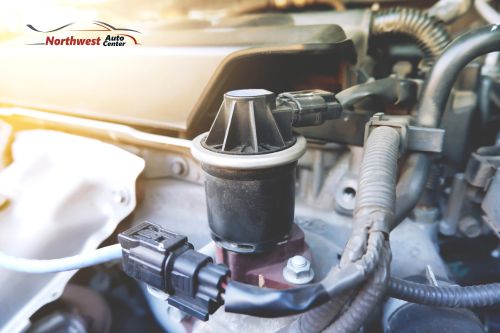
Understanding the Role of the EGR Valve in Your Vehicle
The EGR valve works by controlling the flow of exhaust gases back into the intake manifold. By introducing these gases into the combustion chamber, the engine’s temperature is lowered, which helps reduce the formation of NOx gases — a major contributor to air pollution. This process not only benefits the environment but also helps improve fuel efficiency, something we can all benefit from.
However, over time, the EGR valve can become clogged with carbon deposits, leading to a range of performance issues.
Common EGR Valve Issues
Understanding the common issues associated with the EGR valve can help you identify when maintenance or replacement is necessary. Some of the most frequent problems include:
Clogged EGR Valves
One of the most common issues is carbon buildup inside the valve, which can restrict the flow of exhaust gases. This can lead to a variety of symptoms, including rough idling, reduced fuel efficiency, and increased emissions.
EGR Valve Sticking
The EGR valve can sometimes get stuck in either the open or closed position.
If it gets stuck open, it can cause too much exhaust gas to be recirculated, leading to a rough idle or engine stalling. If it gets stuck closed, the engine’s temperature can rise, increasing NOx emissions and potentially causing engine pinging.
Valve Sensor Issues
Many modern EGR valves are equipped with sensors to monitor their operation. If these sensors fail, it can result in incorrect valve operation, triggering the check engine light and potentially causing engine performance problems.
Vacuum Line Problems
In vehicles with a vacuum-operated EGR valve, issues with the vacuum lines, such as leaks or blockages, can prevent the valve from operating correctly. This can lead to similar symptoms as a clogged or stuck valve. Many newer vehicles that use an EGR valve are controlled electrically by the PCM.
EGR Valve Maintenance Tips
Maintaining your vehicle’s exhaust gas recirculation valve is essential to ensure your vehicle runs smoothly and efficiently. Here are some practical tips for keeping your EGR valve in optimal condition:
Regular Cleaning: To clean the EGR valve, it has to be removed it from the engine and use a suitable cleaner to dissolve the carbon buildup. Best left professionals handle it for you!
Use Quality Fuel: Using quality fuel helps reduce the formation of carbon deposits, keeping your valve cleaner for longer.
Periodic Inspections: Regularly inspecting your EGR valve as part of your vehicle’s routine maintenance can help catch potential issues before they become major problems. A professional shop can easily check this for you.
Replace Faulty Components: If a shop notices any issues with your valve, such as sticking or sensor malfunctions, it’s essential to address them promptly.
Professional Maintenance: If you’re unsure about the condition of your EGR valve or if you’re experiencing persistent issues, it is best to consult a professional mechanic who can diagnose and repair the problem.
Signs Your EGR Valve Needs Attention
Knowing when your EGR valve requires maintenance can save you from more significant engine problems down the line. Here are some signs that your EGR valve may need attention:
- Check Engine Light
- Poor Fuel Efficiency
- Engine Performance Issues
- Increased Emissions
The Critical Role of the Exhaust Gas Recirculation Valve
The EGR valve plays a crucial role in reducing emissions and maintaining engine efficiency.
Regular maintenance, including cleaning, inspections, and timely replacement of faulty components, is essential to ensure your EGR valve continues to function correctly. By following these tips and paying attention to the signs of potential issues, you can keep your vehicle running smoothly and contribute to a cleaner environment. If you’re unsure about the condition of your EGR valve or if you’re experiencing persistent issues, it’s always best to consult with a professional mechanic who can provide expert advice and service.

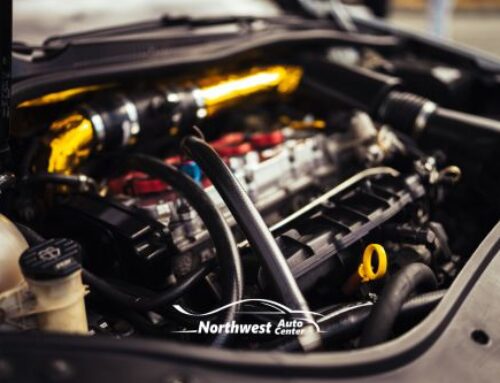
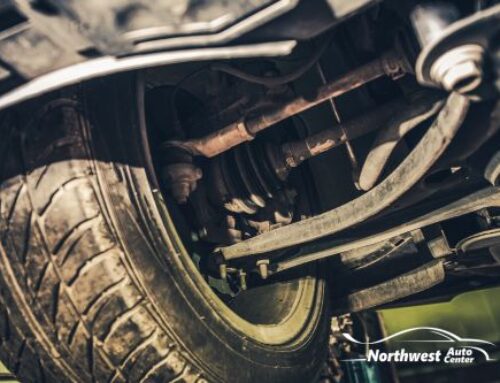
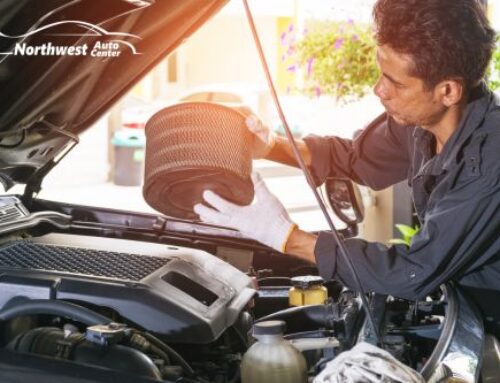
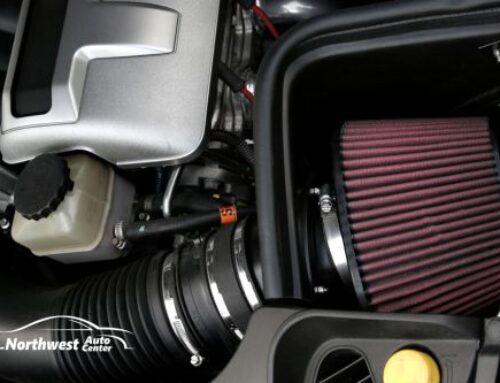
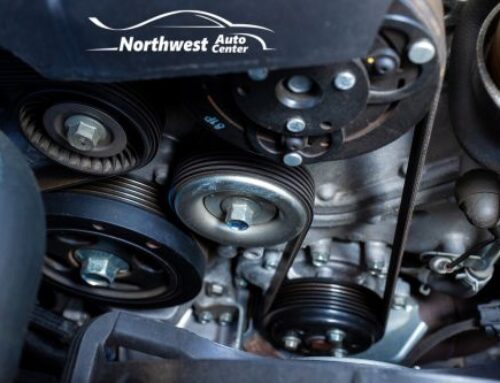
Leave A Comment
You must be logged in to post a comment.